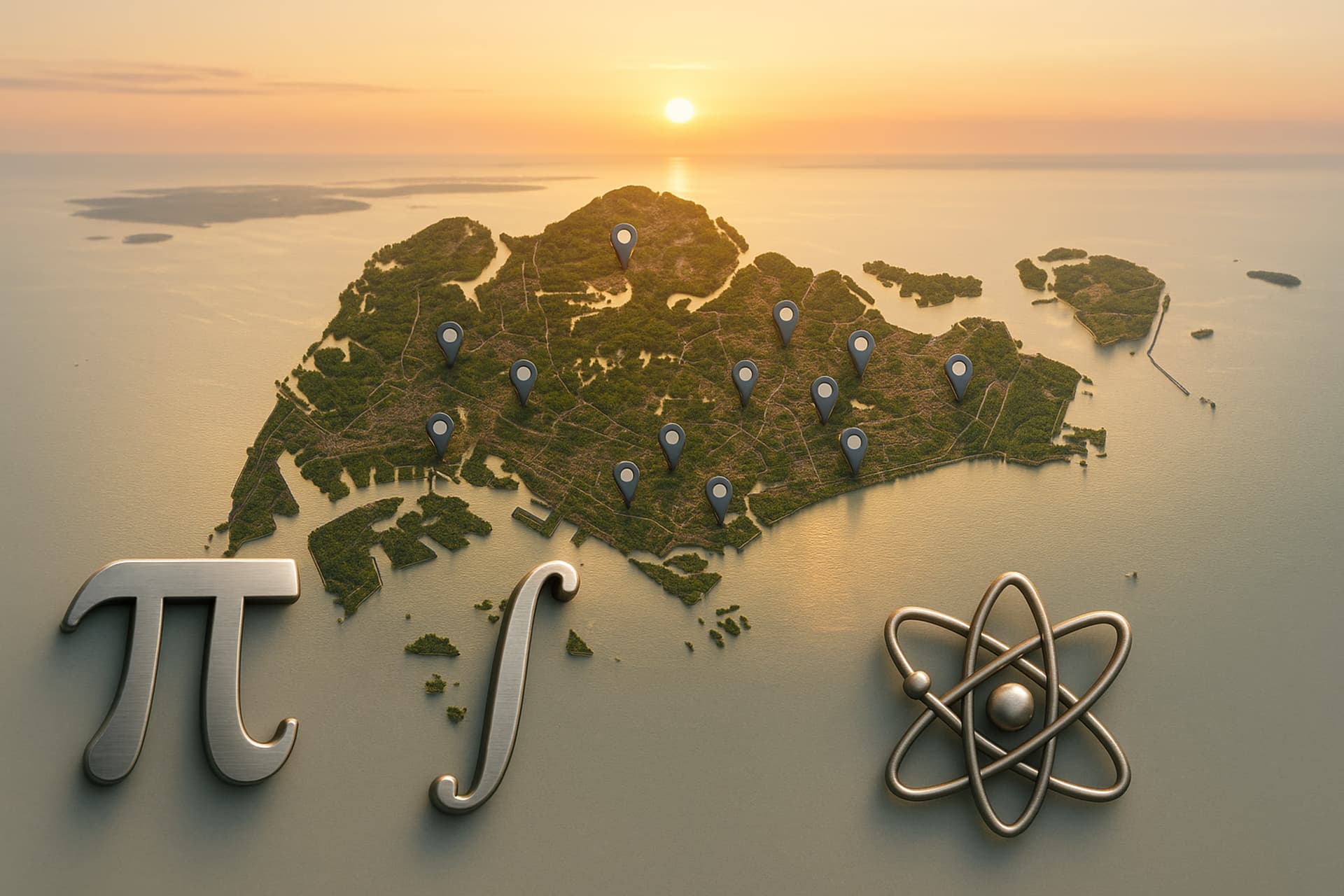IP Subject Combination and Promotion Criteria
Download printable cheat-sheet (CC-BY 4.0)17 Jan 2025, 16:00 Z
Planning a revision session? Use our study places near me map to find libraries, community study rooms, and late-night spots.
Q: What does IP Subject Combination and Promotion Criteria cover?
A: IP Subject Combination and Promotion Criteria outlines key points and next steps for students and families.
Snapshot
The Integrated Programme (IP) is a six-year route that skips the O-Levels and goes straight to the A-Levels, IB Diploma, or NUS High School Diploma. Subject breadth widens sharply in Year 3. Schools set their own entry prerequisites for heavier routes (e.g., triple science) and publish promotion rules in their handbooks each year. The exact rules differ by school and cohort — always verify against the current school handbook or official website before deciding.
Status: MOE Integrated Programme overview and IP school list checked 2026-01-26 — structure remains a 6-year O-Level–skip route with school-specific subject and promotion rules; always defer to the latest school handbook.
Need the full campus-by-campus view? Keep our Integrated Programme school directory open while you compare subject policies, fee support, and DSA routes.
If you’re making subject decisions with local university options in mind (especially STEM prerequisites like H2 Math), start with this checklist and work backward to a sustainable combination:
https://eclatinstitute.sg/blog/Singapore-University-Subject-Prerequisites-and-Subject-Planning-Guide-2026
Q: Is triple Science a must?
A
- Triple Science keeps STEM-degree options open and helps students discover which branch of science they enjoy.
- Choose based on interest x aptitude x time budget; dropping one science frees roughly three hours per week for other subjects or CCA leadership.
- It is not compulsory; it is simply an additional stretch or an "insurance policy" when future majors are still uncertain.
- Each IP school publishes its own prerequisites for triple science (often in the Sec 2 subject briefing deck or handbook). Check the latest version rather than relying on past-year cut-offs.
Q: What is the safest combination?
A
- PCME (Physics-Chemistry-Mathematics-Economics) keeps virtually every traditional pathway open (medicine, law, engineering, finance, research, etc.).



